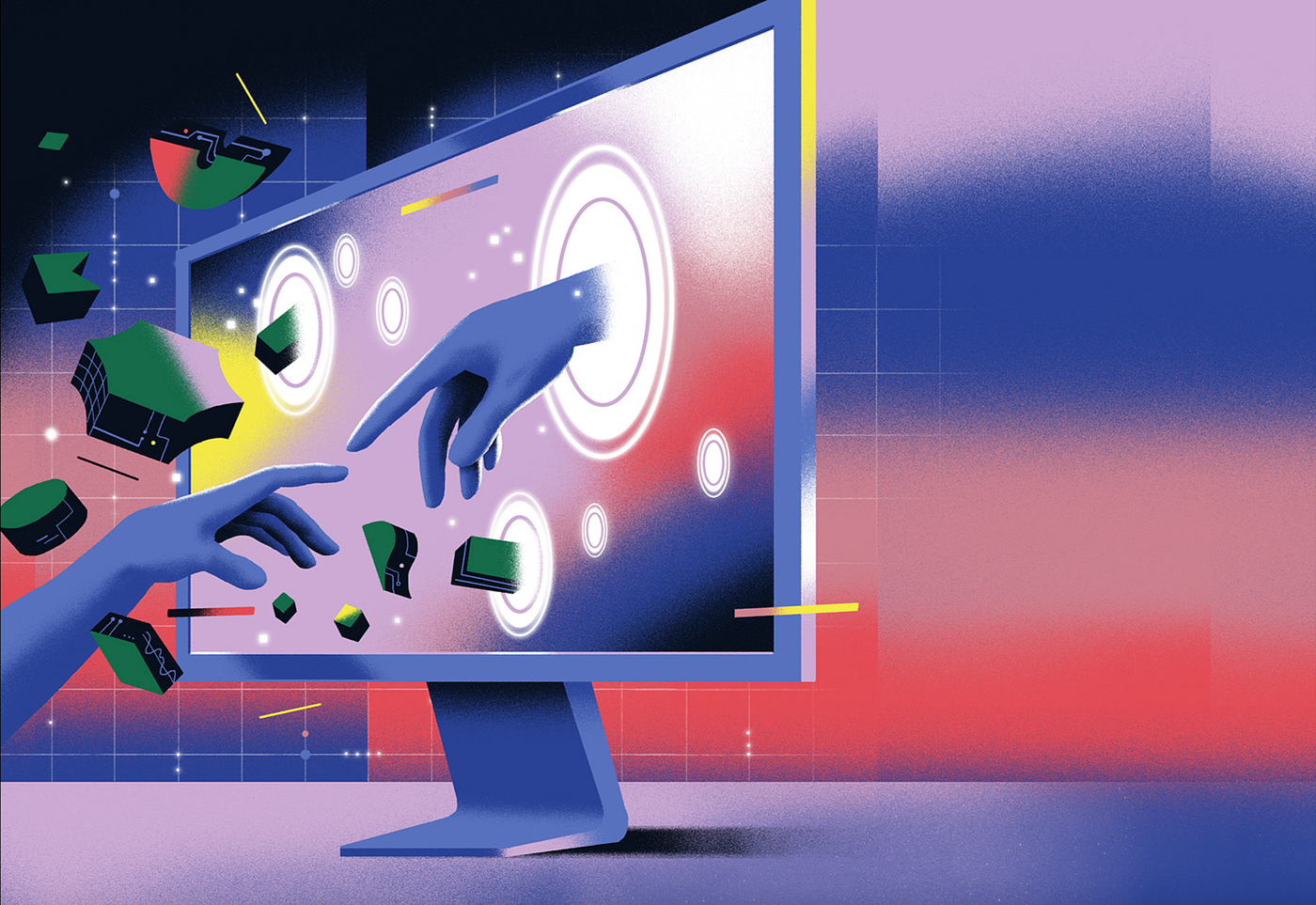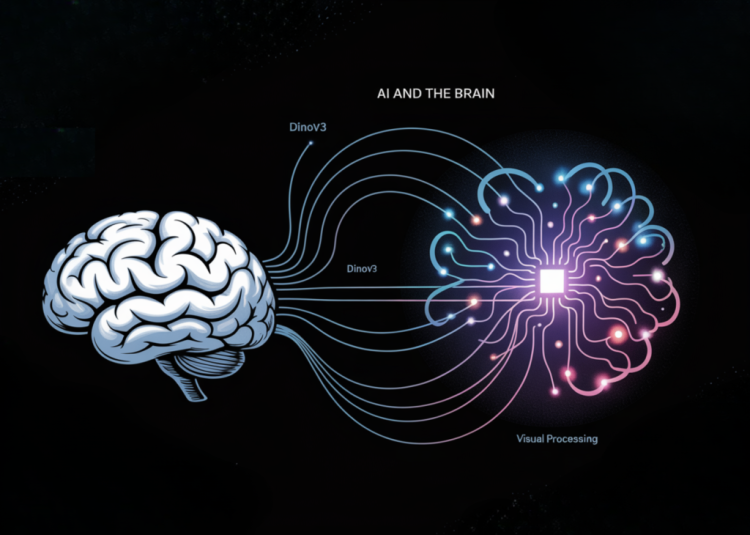Introduction: The AI Revolution at Our Doorstep
Artificial Intelligence (AI) is no longer the stuff of sci-fi fantasies or niche academic research; it’s an ever-present reality reshaping the way we live, work, and think. From AI-powered assistants that help us schedule meetings to algorithms deciding what news we see, AI is embedding itself deeply in our cognitive ecosystem. But this rise of AI sparks a profound question: will AI make us smarter, amplifying human intellect and creativity? Or will it merely foster dependence, eroding our critical thinking and problem-solving skills?
In this article, we will dissect this dilemma through multiple lenses: technological capabilities, cognitive science, societal impact, and ethical considerations. We’ll explore how AI changes the way we learn, solve problems, and make decisions — and what this means for our intellectual future.
1. Understanding Intelligence in the Age of AI
Defining Intelligence
First, we must clarify what “smarter” means. Intelligence is multifaceted — it includes analytical reasoning, creativity, emotional understanding, and adaptability. Traditional IQ tests capture just a sliver of this spectrum. AI, in contrast, excels at narrow tasks, often surpassing humans in speed and accuracy but lacking generalized understanding.
AI’s Cognitive Strengths and Limits
Modern AI systems, especially those based on deep learning, demonstrate remarkable pattern recognition and data processing. They excel at tasks like image recognition, language translation, and strategic games. However, AI lacks true comprehension, consciousness, and common sense — elements crucial for human intelligence.
Thus, the question isn’t whether AI is intelligent, but how it augments or diminishes human intelligence when integrated into daily life.
2. AI as an Intellectual Amplifier
Enhancing Human Cognition

AI’s potential as a cognitive enhancer is profound. Tools like GPT-4, intelligent tutoring systems, and data analytics platforms provide instant access to vast information, enabling faster and more informed decisions.
- Learning Acceleration: AI-driven personalized education tailors content to individual needs, promoting deeper understanding and efficient skill acquisition.
- Creativity Boost: AI assists artists, writers, and designers by generating ideas, drafts, or even complete pieces, freeing human creators to focus on higher-order creative decisions.
- Problem Solving: AI can analyze complex datasets and propose novel solutions that might escape human intuition, such as in medicine or climate modeling.
Cognitive Offloading — A Double-Edged Sword?
This intellectual amplification comes with a caveat. Humans tend to rely on external tools for memory and calculation — calculators, GPS, search engines — a phenomenon known as cognitive offloading. While this reduces mental load, excessive offloading risks atrophying fundamental skills like mental arithmetic or spatial navigation.
The key question: does AI-driven offloading lead to smarter individuals capable of more complex reasoning, or to a population that simply delegates thinking to machines?
3. The Risk of Intellectual Dependency
Automation and Skill Degradation
History offers cautionary tales. The invention of the calculator made mental math less common, and the advent of GPS reduced natural navigation skills. As AI handles increasingly complex cognitive tasks, the risk of intellectual dependency grows.
- Decision-Making: If algorithms decide what information we consume or how we act, do we lose agency and critical thinking?
- Memory and Knowledge: Relying on AI for instant answers may reduce motivation to deeply learn or remember information.
- Problem-Solving: Overdependence on AI solutions could dull human creativity and analytical rigor.
Psychological and Social Implications
Dependence on AI may also impact confidence and motivation. When machines constantly provide “the answer,” individuals may experience cognitive laziness or reduced self-efficacy. Moreover, societal reliance on AI introduces systemic risks if these technologies fail or are manipulated.
4. Balancing AI Integration with Human Intellectual Growth
Designing AI for Augmentation, Not Replacement
The optimal path forward involves using AI to complement human cognition rather than substitute it. This means:
- Developing explainable AI that helps users understand and engage with AI reasoning.
- Encouraging active learning where users collaborate with AI, critically evaluating suggestions rather than blindly accepting them.
- Promoting digital literacy to equip people with skills to navigate and challenge AI-generated information.
Education and Lifelong Learning in the AI Era
Educational paradigms must evolve. Beyond memorization, curricula should emphasize:
- Critical thinking and problem-solving skills that machines cannot easily replicate.
- Meta-cognition: teaching learners how to think about their own thinking and AI’s role within it.
- Ethics and AI literacy to foster responsible use and development of AI technologies.
5. AI, Creativity, and the Future of Innovation

The Human-AI Creative Partnership
Creativity often emerges from combining diverse ideas and perspectives — a domain where AI can be a powerful ally. For example:
- Musicians use AI to generate novel melodies.
- Writers collaborate with AI to brainstorm plotlines or refine prose.
- Scientists employ AI to identify patterns and hypotheses beyond human reach.
These partnerships hint at a future where AI acts as a cognitive partner, expanding the horizons of human imagination rather than limiting it.
Challenges to Creativity
However, some worry that AI-generated content may homogenize creativity, promoting formulaic outputs and stifling originality. The tension lies in harnessing AI’s capabilities while preserving the spark of uniquely human insight.
6. Ethical and Societal Considerations
Equity and Access
AI’s cognitive benefits are not equally distributed. Without careful policy, AI may widen educational and cognitive divides, privileging those with access to cutting-edge tools.
Accountability and Transparency
As AI influences decisions, questions arise about responsibility and bias. Who is accountable when AI-guided decisions lead to errors or harm? Transparent AI design and regulation are crucial.
Human Identity and Autonomy
Finally, widespread AI integration prompts reflection on what it means to be human. How do we maintain autonomy, dignity, and intellectual agency in a world where machines think for us?
Conclusion: Towards a Smarter, Not Just Smarter-Dependent, Future
AI is a transformative force with the potential to make us smarter, more creative, and more capable. Yet, it carries risks of fostering intellectual dependency and complacency. The future depends on how we shape AI’s role in our cognitive lives.
By designing AI systems that augment rather than replace human intellect, promoting education that nurtures critical thinking, and cultivating a culture of responsible AI use, we can harness AI to elevate human potential. The ultimate question is not whether AI will make us smarter, but whether we choose to be smarter with AI.











































Discussion about this post